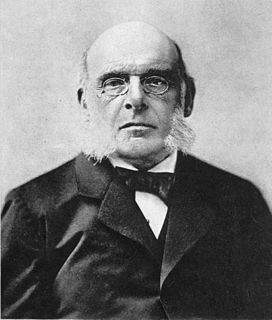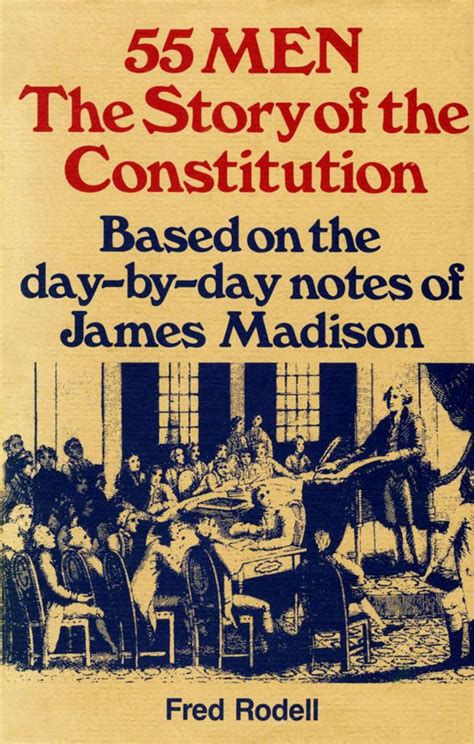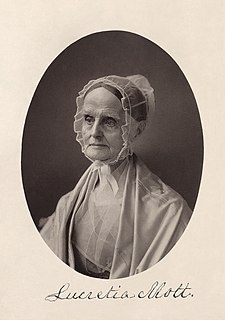A Quote by Benjamin Franklin
The good Education of Youth has been esteemed by wise Men in all Ages, as the surest Foundation of the Happiness both of private Families and of Common-wealths. Almost all Governments have therefore made it a principal Object of their Attention, to establish and endow with proper Revenues, such Seminaries of Learning, as might supply the succeeding Age with Men qualified to serve the Publick with Honour to themselves, and to their Country.
Quote Topics
Related Quotes
That wise Men have in all Ages thought Government necessary for the Good of Mankind; and, that wise Governments have always thought Religion necessary for the well ordering and well-being of Society, and accordingly have been ever careful to encourage and protect the Ministers of it, paying them the highest publick Honours, that their Doctrines might thereby meet with the greater Respect among the common People.
Governments, like clocks, go from the motion men give them, and as governments are made and moved by men, so by them they are ruined too. Wherefore governments rather depend upon men, than men upon governments. Let men be good, and the government cannot be bad; if it be ill, they will cure it. But if men be bad, let the government be never so good, they will endeavour to warp and spoil it to their turn.
I have since often observed, how incongruous and irrational the common temper of mankind is, especially of youth ... that they are not ashamed to sin, and yet are ashamed to repent; not ashamed of the action for which they ought justly to be esteemed fools, but are ashamed of the returning, which only can make them be esteemed wise men.
You, your families, your friends and your countries are to be exterminated by the common decision of a few brutal but powerful men. To please these men, all the private affections, all the public hopes, all that has been achieved in art, and knowledge and thought and all that might be achieved hereafter is to be wiped out forever. Our ruined lifeless planet will continue for countless ages to circle aimlessly round the sun unredeemed by the joys and loves, the occasional wisdom and the power to create beauty which have given value to human life.
I grant this mode of secluding boys from the intercourse of private families has a tendency to make them scholars, but our business is to make them men, citizens, and Christians. The vices of young people are generally learned from each other. The vices of adults seldom infect them. By separating them from each other, therefore, in their hours of relaxation from study, we secure their morals from a principal source of corruption, while we improve their manners by subjecting them to those restraints which the difference of age and sex naturally produce in private families.
The education of youth belongs to the priests, yet they do not take so much care of instructing them in letters, as in forming their minds and manners aright; they use all possible methods to infuse, very early, into the tender and flexible minds of children, such opinions as are both good in themselves and will be useful to their country, for when deep impressions of these things are made at that age, they follow men through the whole course of their lives, and conduce much to preserve the peace of the government, which suffers by nothing more than by vices that rise out of ill opinions.
To trust arms in the hands of the people at large has, in Europe, been believed...to be an experiment fraught only with danger. Here by a long trial it has been proved to be perfectly harmless...If the government be equitable; if it be reasonable in its exactions; if proper attention be paid to the education of children in knowledge and religion, few men will be disposed to use arms, unless for their amusement, and for the defense of themselves and their country.
The education of youth should be watched with the most scrupulous attention. [I]t is much easier to introduce and establish an effectual system ... than to correct by penal statutes the ill effects of a bad system. ... The education of youth ... lays the foundations on which both law and gospel rest for success.
Both learned and unlearned young men seldom go to church, and in general do not attend to their spiritual education, looking upon it as unnecessary and giving themselves up to worldly vanity. Attention must be paid to this. It is the fruit of pride... They consider attendance at church and Divine service as the business of the common people and women, forgetting that, in the temple, Angels officiate with trembling, together with men, and regard this as their highest bliss.
Some have said that it is not the business of private men to meddle with government--a bold and dishonest saying, which is fit to come from no mouth but that of a tyrant or a slave. To say that private men have nothing to do with government is to say that private men have nothing to do with their own happiness or misery; that people ought not to concern themselves whether they be naked or clothed, fed or starved, deceived or instructed, protected or destroyed.
The wise men of antiquity, when they wished to make the whole world peaceful and happy, first put their own States into proper order. Before putting their States into proper order, they regulated their own families. Before regulating their families, they regulated themselves. Before regulating themselves, they tried to be sincere in their thoughts. Before being sincere in their thoughts, they tried to see things exactly as they really were.
In tribal times, there were the medicine men. In the Middle Ages, there were the priests. Today, there are the lawyers. For every age, a group of bright boys, learned in their trades and jealous of their learning, who blend technical competence with plain and fancy hocus-pocus to make themselves masters of their fellow men. For every age, a pseudo-intellectual autocracy, guarding the tricks of the trade from the uninitiated, and running, after its own pattern, the civilization of its day.
Superficial knowledge ... is hurtful to those who possess true genius; for it necessarily draws them away from their main object, wastes their industry over details and subjects foreign to their needs and natural talent, and lastly does not serve, as they flatter themselves, to prove the breadth of their mind. In all ages there have been men of very moderate intelligence who knew much, and so on the contrary, men of the highest intelligence who knew very little. Ignorance is not lack of intelligence, nor knowledge a proof of genius.
Government is instituted for the common good; for the protection, safety, prosperity, and happiness of the people; and not for profit, honor, or private interest of any one man, family, or class of men; therefore, the people alone have an incontestable, unalienable, and indefeasible right to institute government; and to reform, alter, or totally change the same, when their protection, safety, prosperity, and happiness require it.

































